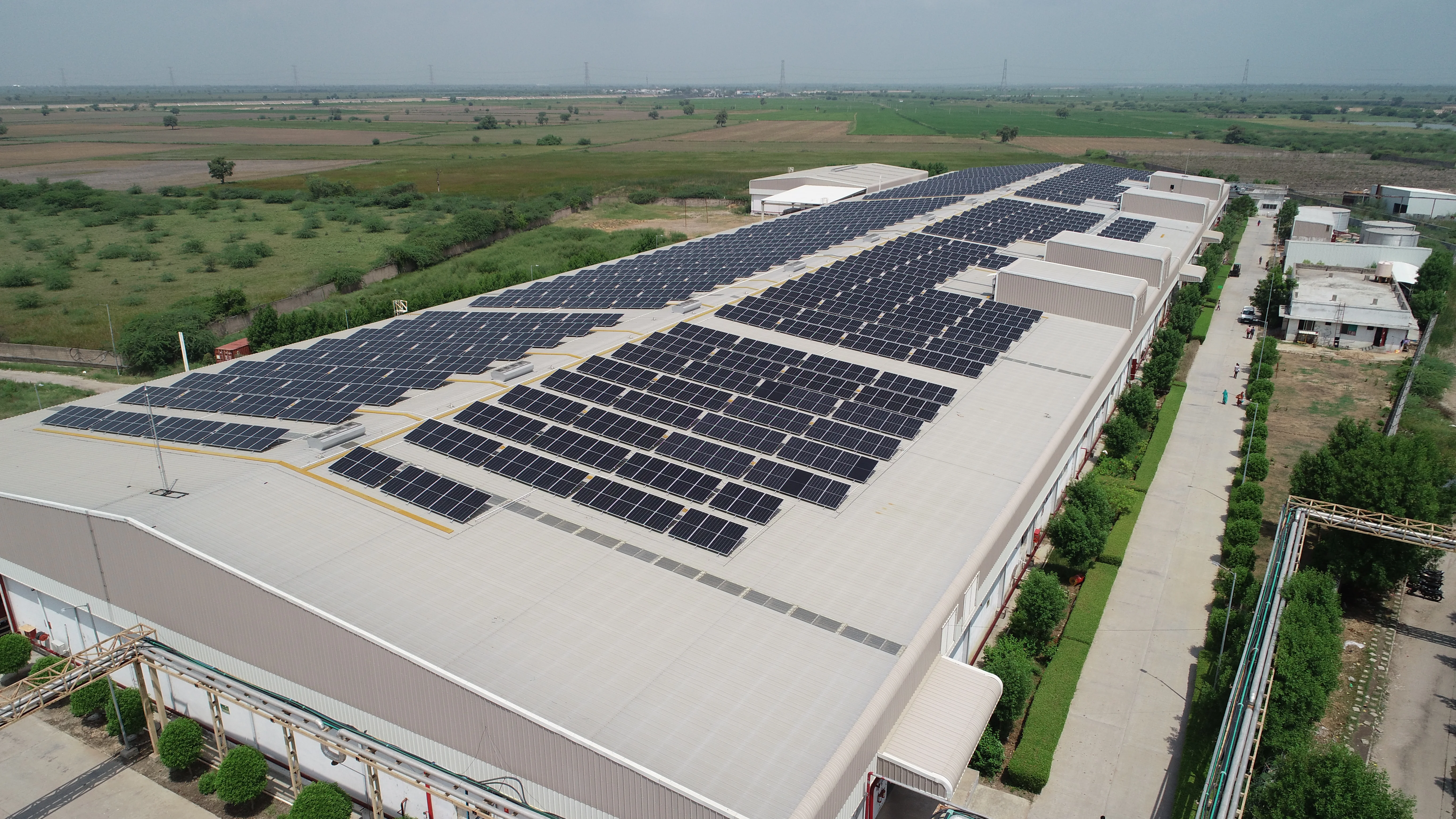
The last two decades have witnessed a paradigm shift towards low-carbon and clean fuels across the globe. Recently, conversations regarding renewable energy gained momentum with particular focus on solar power. Gradual outlining of stringent environmental regulations and targets in most developed countries too gave a major boost to the solar sector, especially to rooftop solar system installations.
In sync to that, rooftop solar systems are gaining tremendous popularity and growing at a CAGR of 20.60%. While in 2022 it was valued at USD 80.5 billion, it is expected to cross USD 434.4 billion by 2032.
Such solar system installations are highly preferred for residential as well as commercial projects and it harnesses the abundant source of energy i.e., Sunlight. Rooftop solar systems present various advantages for consumers which transcends beyond sustainability.
Monetary benefits
Substantial reduction in electricity bills is one of the major reasons why people opt for solar systems. Household and commercial utility expenses can come down drastically. Solar EPC installers will scrutinize factors such as requirement, availability of space, do a shadow analysis and suggest what kind of solar system should be installed at residential or commercial spaces.
Most of the states in India have subsidies, incentives, tax credits or relaxations in place that encourage installing solar systems. This attracts consumers for its financial appeal and quicker return on investment (ROI).
Usually, solar EPC companies and contractors, solar O&M companies or solar asset management companies assist consumers in understanding the kind of investment that goes for solar systems installations and its ROI thereof.
How is electricity generated from the sun?
Solar photovoltaic modules or panels absorb the solar radiation and convert it into DC current, which is then transferred to inverters to make it safe for usage. Solar power is harnessed for electricity generation through rooftop solar systems, ground-mounted as well as floating solar systems, depending on the availability of space and capital.
One of the primary advantages of rooftop, ground-mounted or floating solar installations, is idle space is used to generate electricity used by individuals and companies alike.
Second reliable source of electricity
Independently produced electricity through solar systems creates a new source that is reliable and permanent. For independent solar systems, battery backed systems are used which are not connected to the grid and work 24x7.
Moreover, Government of India is in the process of considering a mandate to incorporate Energy Storage Systems (ESS) as integral part of renewable energy (excluding hydro installations) projects exceeding 5MW in size. This will boost installation of standalone solar systems and considerably reduce grid load.
Employment opportunities
As the renewable sector grows rapidly, it is also lending a boost in employment generation. A study by the Council on Energy, Environment and Water (CEEW), NRDC India (Natural Resources Defence Council India), and Skill Council for Green Jobs (SCGJ) says that this sector has the potential to generate jobs for at least one million people in the coming decade.
Sustainable energy solution
Environmental impact of any kind of solar system is huge considering the glaring effects of global warming, increasing scarcity of conventional sources of energy and high costs of electricity production.
All nations need to unanimously works towards reducing carbon footprints, minimalize emission of greenhouse gases as well as reduce dependency on fossil fuels. And renewable sources of energy are undoubtedly the best possible solution.
